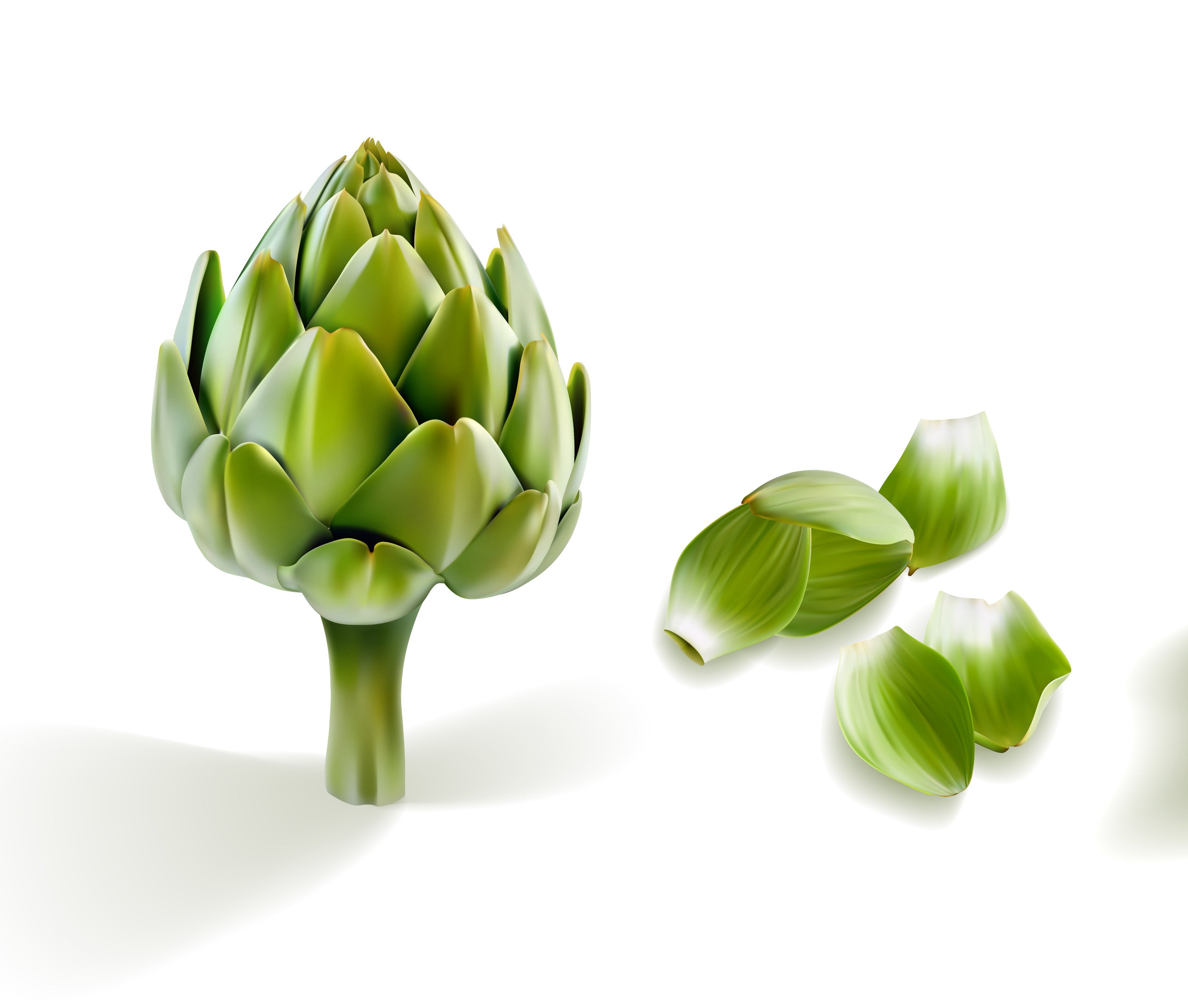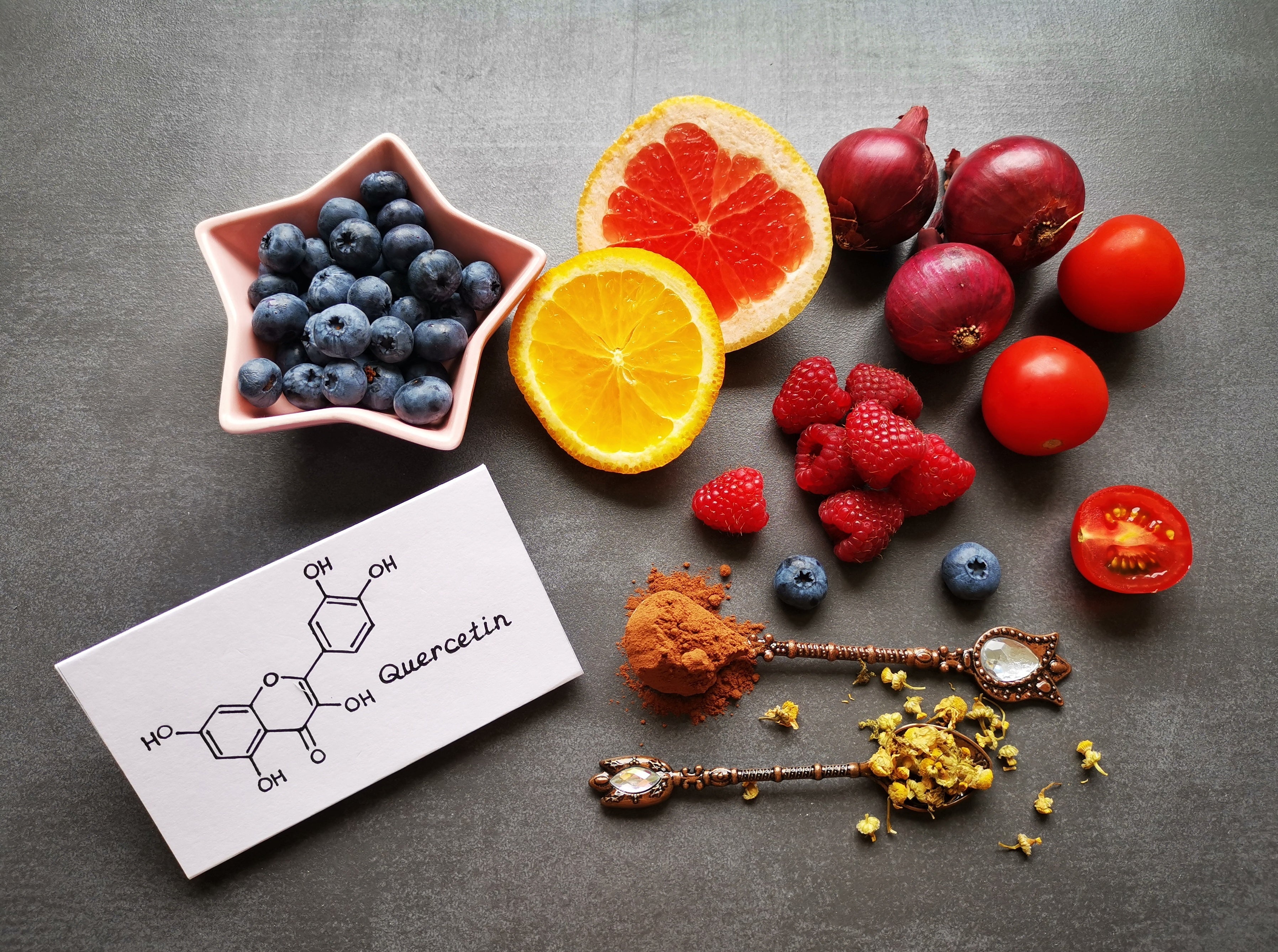Botanical Name: Ulmus rubra
Common uses: Digestive support, throat and respiratory health
Traditional Use:
Slippery Elm, derived from the inner bark of the Slippery Elm tree, has a rich history of traditional use in herbal medicine. Native American tribes and early settlers recognized its soothing properties and used it to support various aspects of health. Slippery Elm was traditionally prepared as a medicinal tea or poultice to alleviate digestive discomfort, soothe sore throats, and promote respiratory health.
Research Overview:
Scientific research has shed light on the potential health benefits of Slippery Elm and its impact on digestive and respiratory health. One of its primary uses is for digestive support. Slippery Elm contains mucilage, a gel-like substance that becomes slippery when combined with water. This mucilage coats the lining of the digestive tract, helping to soothe inflammation, reduce irritation, and relieve symptoms of conditions such as acid reflux, gastritis, and inflammatory bowel diseases.
In addition to its digestive benefits, Slippery Elm has been traditionally used for soothing sore throats and coughs. The mucilage in Slippery Elm can provide a protective coating to the throat and respiratory tract, helping to alleviate irritation and reduce coughing. It is often used in natural throat lozenges and herbal cough remedies.
Interesting Fact: Did you know that Slippery Elm was used by soldiers during the American Revolution as a makeshift wound dressing? Its soothing and healing properties made it a valuable resource on the battlefield.
Sources:
- Camilleri M, Gorman H. Intestinal permeability and irritable bowel syndrome. Neurogastroenterol Motil. 2007;19(7):545-552.
- Langmead L, Dawson C, Hawkins C, Banna N, Loo S, Rampton DS. Antioxidant effects of herbal therapies used by patients with inflammatory bowel disease: an in vitro study. Aliment Pharmacol Ther. 2002;16(2):197-205.
- Chrubasik S, Chrubasik C, Eisfeld R. The treatment of patients with oral leukoplakia with a topical application of a solution containing a herbal extract—results from a double-blind study. J Ethnopharmacol. 1997;55(2):139-145.



